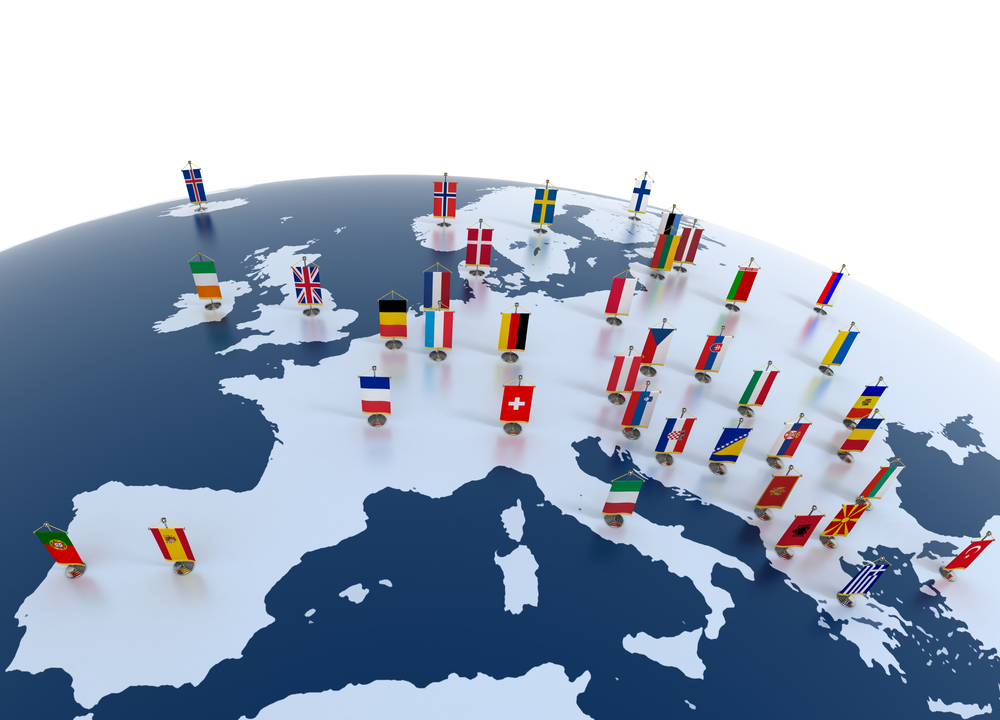
This result is perhaps not surprising if, as seems evident from the rise of Trump in the US and the fanning of nationalist hysteria in the UK on the back of Brexit, majority rule has led to the dismantling of plurality of views and the denial of opportunity of disadvantaged, minority and dissident groups to get a level playing field and move up the ladder. In an earlier piece, I argued that, on the basis of recent evidence, these three countries are also at the lower end of upward social mobility. Three of the ‘best’ examples of countries with a ‘representative’ democratic system are the US, UK and India. At the top of the ladder are the army and the judiciary, while bringing up the rear are the executive (in the form of PM, CM), the Election Commission, the police, government officials and political parties.Ī tribal woman shows her ink-marked finger after voting at a polling centre. What the Global Trust Index based evidence also reported is that ‘in aggregate, India’s trust rating across government, media, NGOs and business fell 13 percentage points, statistically marking one of the sharpest decreases’.įurther insight into the Indian evidence is provided in a survey that reported a breakdown between institutions and elected offices by the degree of ‘trust’.

If so, this is evidence in favour of ‘majoritarianism’, not ringing evidence in favour of trust in all groups in the electoral system.

The ‘seven out of every 10 people’ may belong to a particular religious or social group who feel that their expectations have been fulfilled by the party they have elected at the expense of the remaining three who may belong to the marginalised or minority groups. The Indian evidence, however, merits further careful analysis. Notwithstanding recent developments, ‘Indians also place a high level of trust in their government with seven out of every ten people having faith in the political process’.Īlso read: ‘Invaders’, ‘Terrorists’ and Now, ‘Illegal Immigrants’: Hindutva’s Reframing of Exclusion Significantly, the period covered included the Trump era. “The US has experienced a significant 37% point drop in trust across its institutions while at the opposite end of the scale, China experienced a 27-point gain”. The crucial missing link is ‘trust’ that is often lost as is evident in the most ‘stable democracies’ in the world practising representative democracy in a form that has given rise to one community (be it in a ‘majority’ numerically or socially) wielding absolute power over another, or money enabling one class of affluent individuals use the electoral system to keep out less affluent groups.Ī recent ranking of countries on the basis of ‘trust’, revealed some surprising results: Needless to add and consistent with rational behaviour, they will ensure that their interests are protected even at the expense of the rest. Under ‘majoritarianism’, a majority of the population is entitled to a certain degree of primacy in society, and has the right to make decisions that affect the society. There is a negative connotation associated with the latter that, if not disentangled, it robs the former of many of its fundamental principles when the Greeks first introduced the idea of democracy way back in 5th century BC. representative or direct – with ‘majoritarianism’. There is danger in equating ‘democracy’ – in whatever form, i.e.

The terms, ‘majoritarian democracy’, ‘majority rule’ and ‘ majoritarianism’ are often used interchangeably, but as recent events in several countries practising representative democracy have shown, there is a fine dividing line between them that is often overlooked to the detriment of the principles underlying universal franchise.


 0 kommentar(er)
0 kommentar(er)
